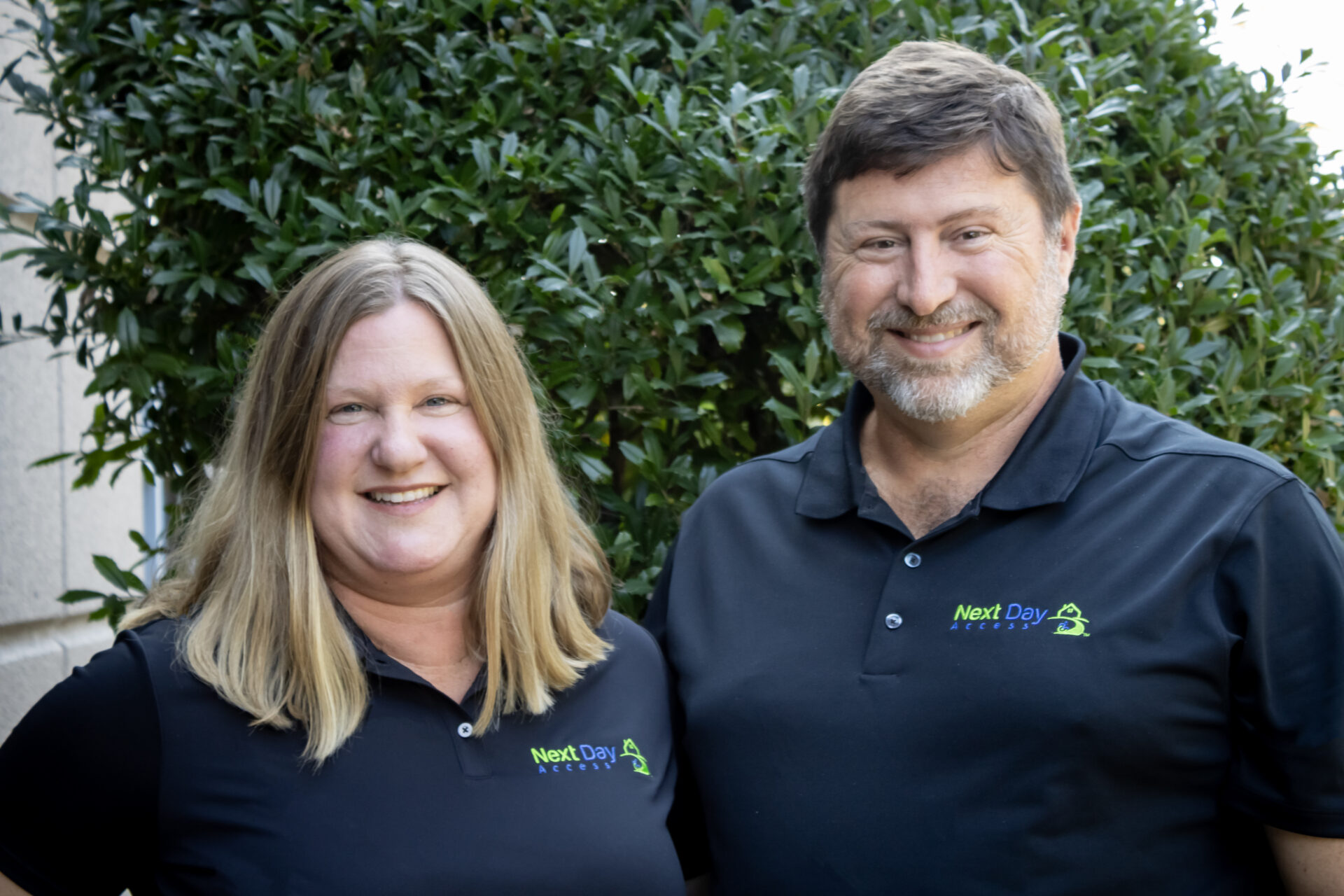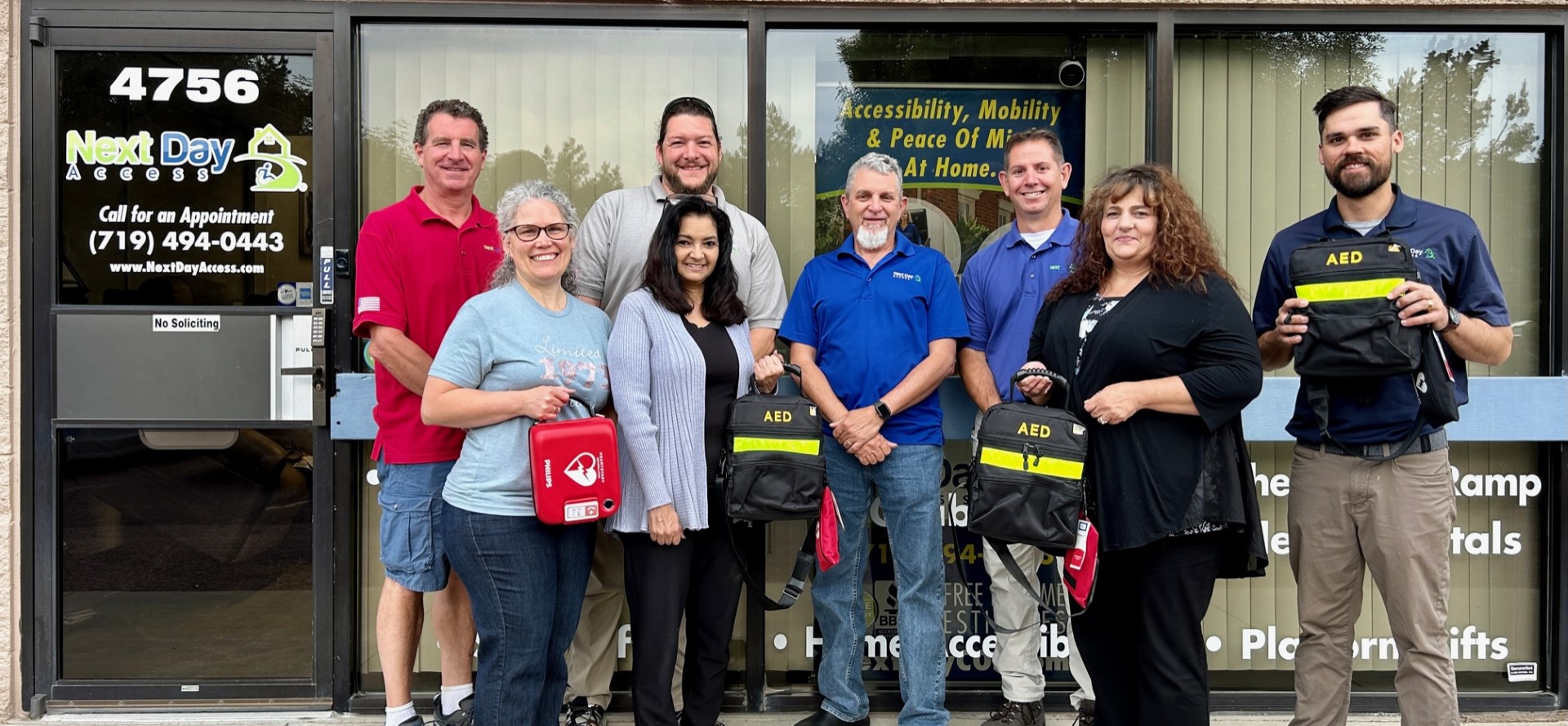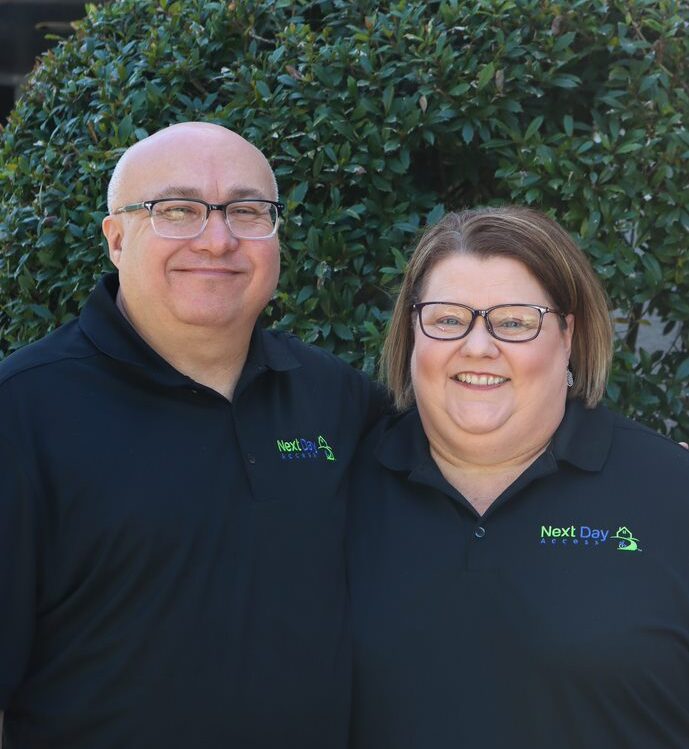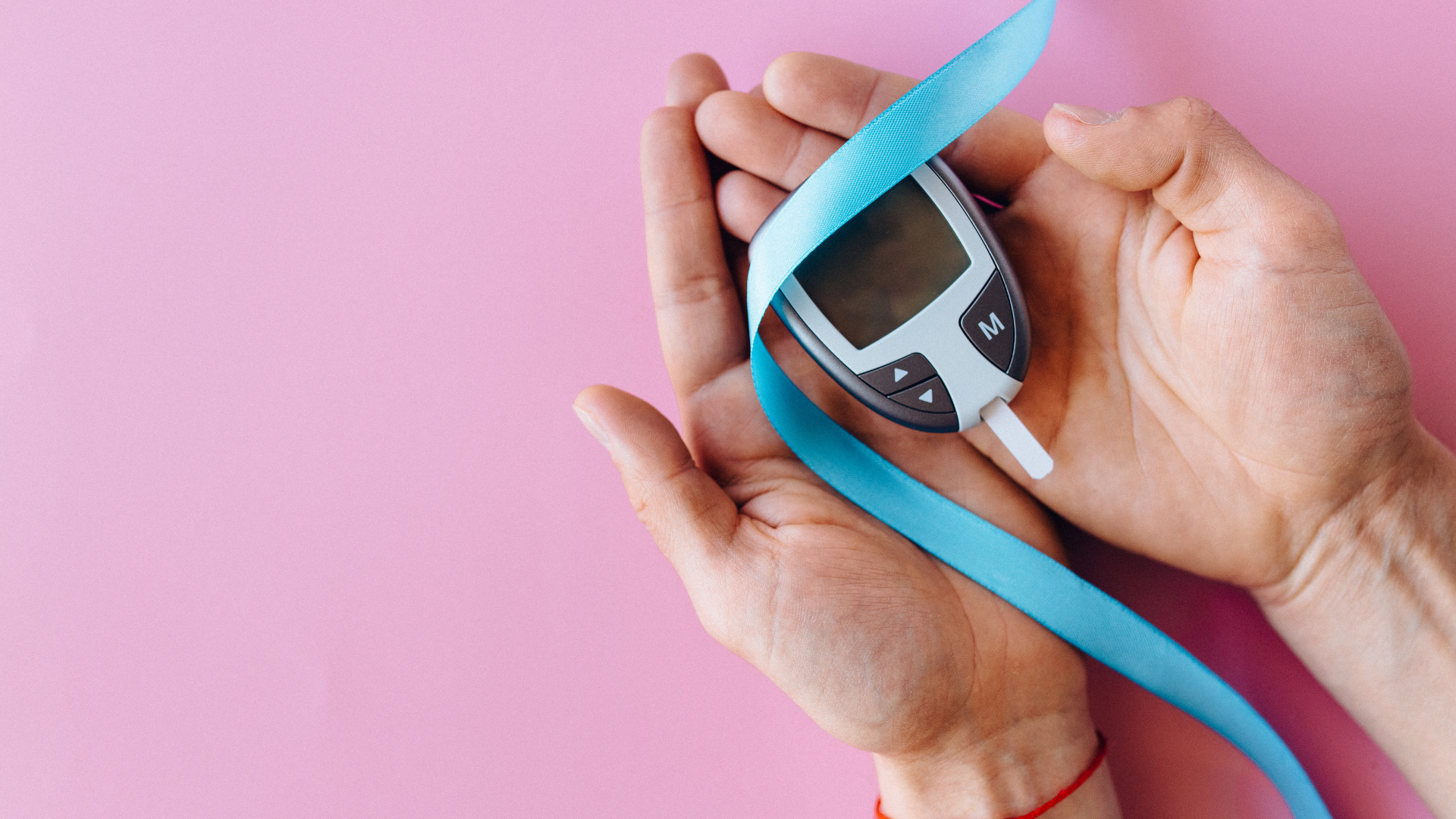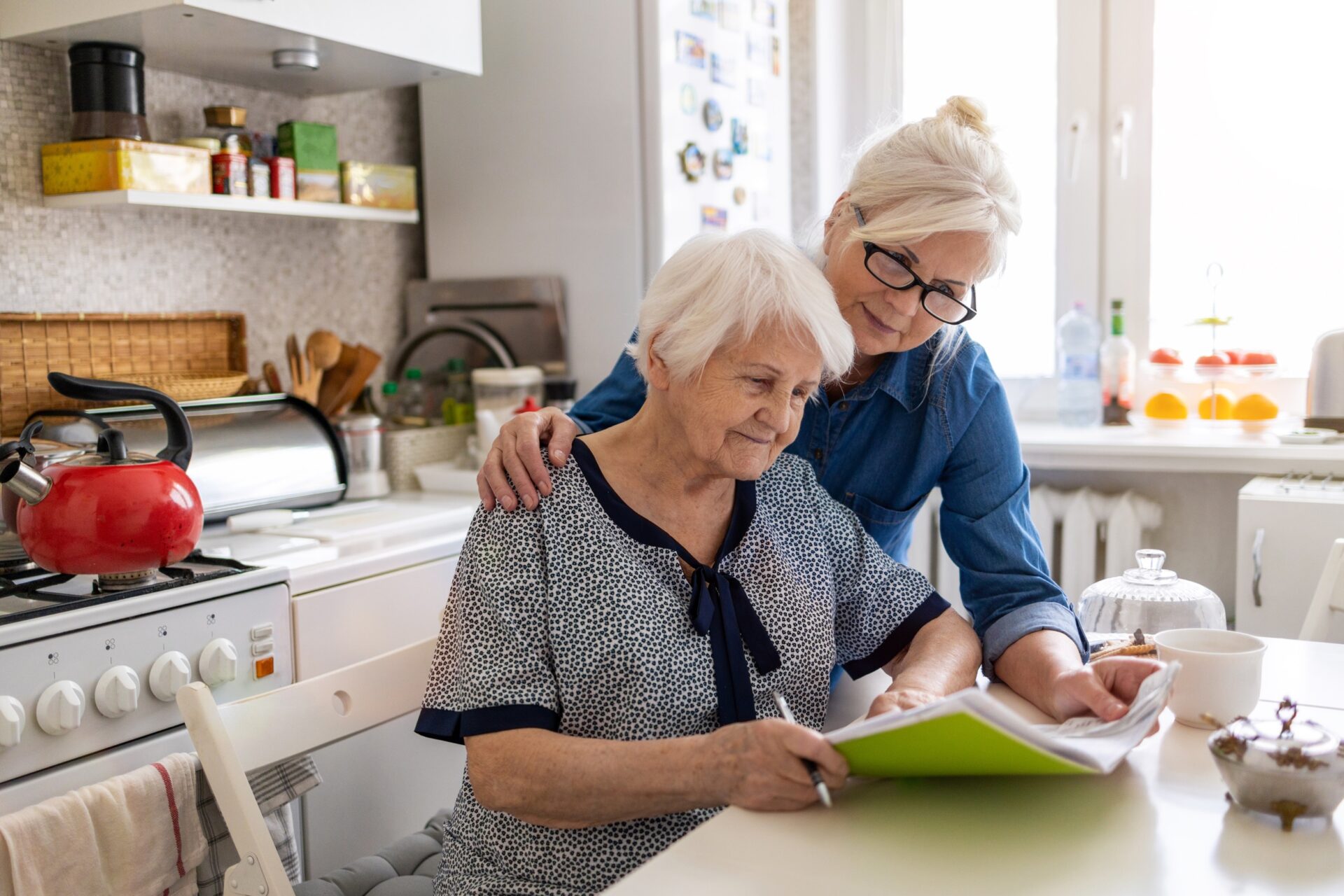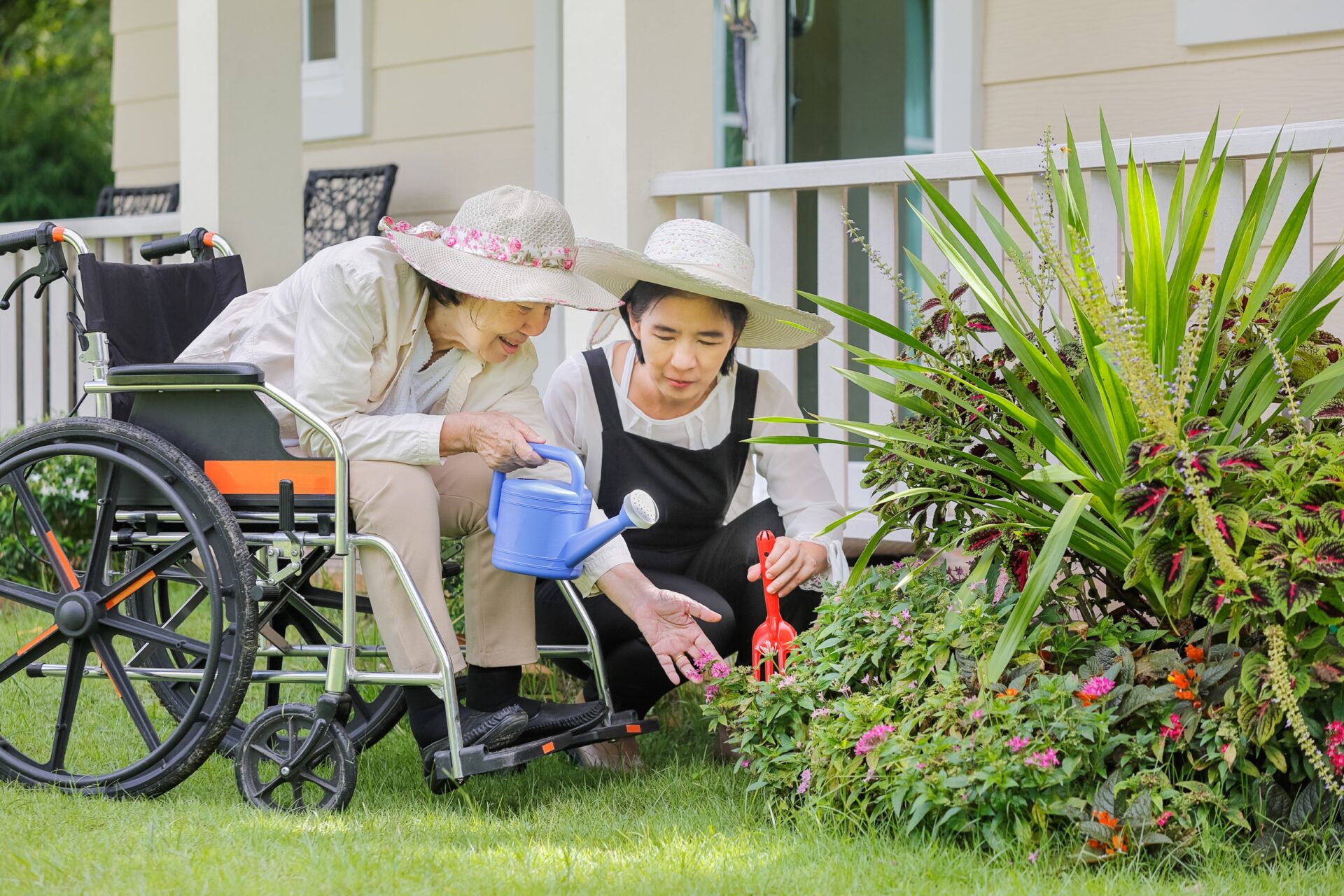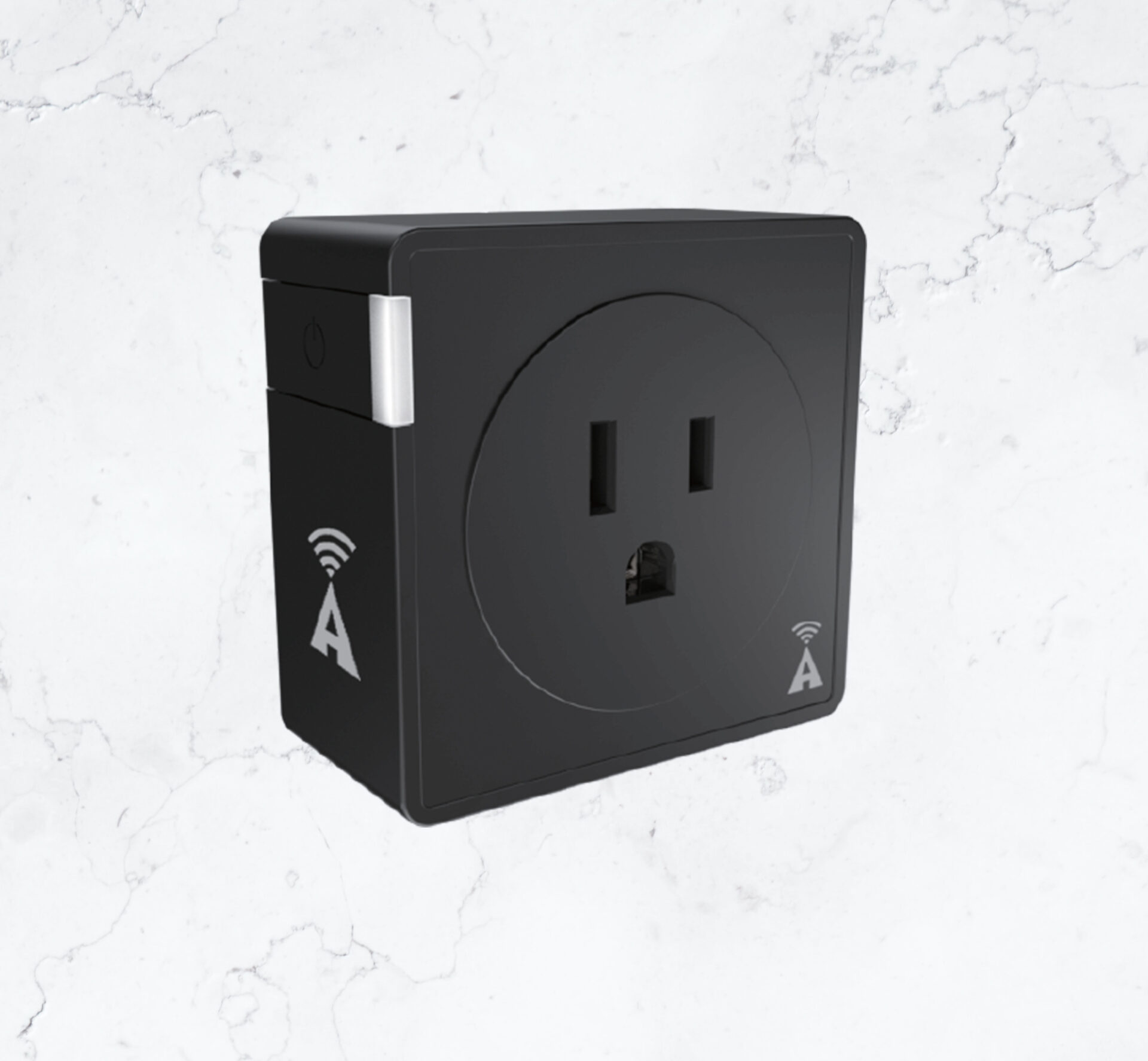Next Day Access Expands to Alabama: New Location in Birmingham is Now Open
octubre 17, 2023: Next Day Access is pleased to announce its new location in Birmingham, Alabama. This is the first franchise location in the state of Alabama. The Next Day Access Birmingham franchise, a provider of residential and commercial accessibility and mobility solutions, is owned by Amy and Scott Riley.
“We’re excited to open for business, so we can help the community by bringing the best accessibility solutions to those in need,” said Amy, President of Next Day Access Birmingham. “We chose Next Day Access for a few reasons: they have the solutions to help people age in place, the business model, and expertise to ensure success in the business.”
Amy began her career working at a Senior Center and then moved into residential care for both Assisted Living Facilities and Independent Living Communities as an Activities Director. She also worked previously as a realtor for Keller Williams Vestavia. She is a wife and mother of two and has always had a passion for helping seniors and the community at large.
Next Day Access Birmingham will focus on providing accessibility and mobility solutions to individuals of all ages across the Greater Birmingham metro area and surrounding areas. They sell, deliver, and install accessibility and mobility products, such as wheelchair ramps, stairlifts, grab bars, vehicle lifts, and more.
To learn more about Next Day Access Birmingham, contact their team at 205-578-7676 or click here.
About Next Day Access
Next Day Access is a local provider for accessibility and mobility solutions for homes and commercial businesses. With franchise locations across the United States and Canada, their goal is to help aging loved ones and people with limited mobility and disabilities live safely, comfortably, and independently in their homes. Learn more by visiting nextdayaccess.com.





